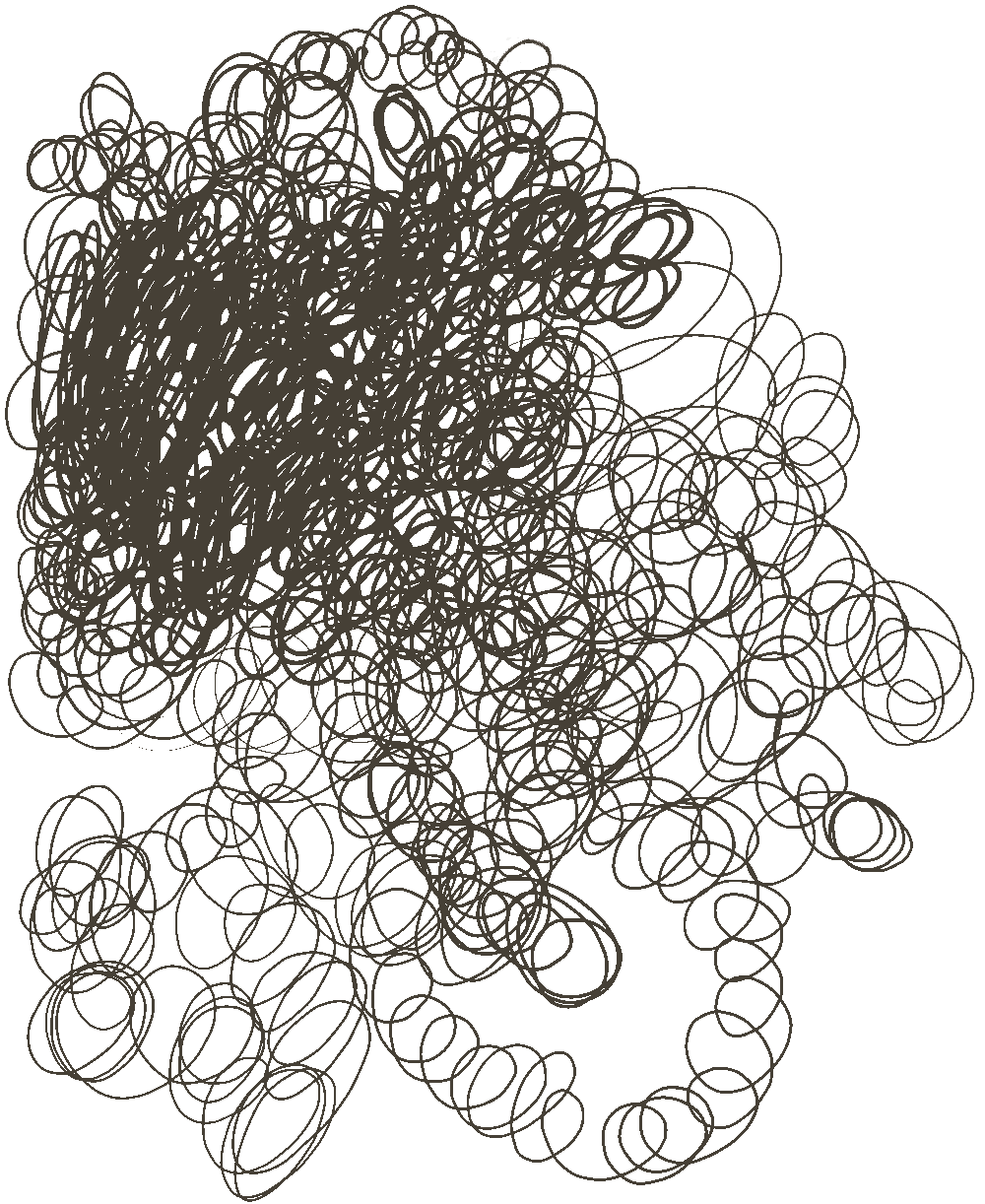If you’re just joining us, here’s what you need to know about Wednesday’s developments in Russia’s war in Ukraine.
Zelensky to Russia: “Run away or surrender”
As Ukraine’s southern counteroffensive continues, President Volodymyr Zelensky spoke Tuesday of the military’s efforts to take the battle to Russian forces and said the occupiers “can do only two things: run away or surrender.” Few details have emerged about the counteroffensive’s goals and timeline, nor about Ukrainian advances in the Kherson region.
Iran’s involvement
The US believes Russia has received unmanned aerial vehicles (UAVs) from Iran and “intends to use these Iranian UAVs, which can conduct air to surface attacks, electronic warfare, and targeting on the battlefield in Ukraine, a State Department official confirmed.
UN nuclear inspectors head to the Zaporizhzhia nuclear power plant
Experts from the International Atomic Energy Agency have arrived in the Ukrainian-controlled city of Zaporizhzhia ahead of their planned visit to the Russian-occupied Zaporizhzhia nuclear power plant, according to IAEA spokesperson Fredrik Dahl. The team will likely stay overnight in the city before visiting the nuclear power plant on Thursday, according to a report from Reuters earlier Wednesday. The team is expected to “see the work of the station in one day,” the head of the Russian-appointed local administration told news agency Interfax.
A historic Soviet figure died
Mikhail Gorbachev — the last leader of the former Soviet Union from 1985 until 1991 — has died at the age of 91 after a long illness, Russian state news agencies reported. He is credited with introducing key political and economic reforms to the USSR and helping to end the Cold War.
Russian gas flow to Europe was halted again
Gas flow from Nord Stream 1, the largest pipeline bringing Russian natural gas supplies to Europe via Germany, dropped to zero on Wednesday morning, according to operator data, as part of a scheduled halt announced last week. This fuels existing concerns that Russia is deliberately cutting off supplies of its gas to Europe, in retaliation for Western sanctions over its war in Ukraine — an allegation Moscow denies.
















